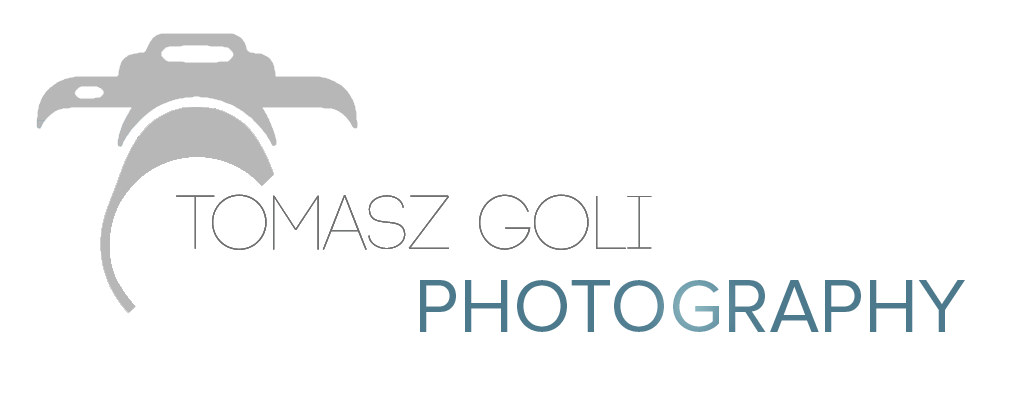Best camera and lens for wedding photographers
When it comes to the best camera and lens for wedding photographers it depends on many factors like style they shoot, composition they want to achieve, or their budget.
There are a few factors to consider when choosing the best equipment. First, consider the type of photography you will be doing. If you plan on using a lot of natural light and want to create a more informal and candid look, then you may want to opt for a smaller, lightweight camera like a mirrorless system or a DSLR.
For more formal or studio-style shots, the best option for photographers may be a full-frame camera with a larger image sensor and more manual controls. In addition to the type of camera you choose, you should also think about the type of lenses and other accessories you might need. Wedding usually are very demanding in terms of speed and precision, wide-angle lenses are good for capturing large groups or scenes, while telephoto lenses are useful for capturing details from a distance. The key to success is to choose fast, quality lens, permeably prime, which can deliver quality results without compromising on photo quality.
You'll also need to decide if you want to use a flash or natural lighting. Flash can help you create more dynamic shots, while natural lighting can provide a softer look. You may also want to consider investing in additional equipment such as tripods, remote triggers, and light modifiers. Tripods can help you take sharper images by reducing camera shake, and remote triggers can help you take photos from a distance. Light modifiers can also help you create photos with different levels of contrast and brightness.
For traditional wedding photography, a full-frame DSLR camera, such as the Canon EOS 5D Mark IV or the Nikon D850, with a versatile zoom lens such as the Canon EF 24-70mm f/2.8L II USM or the Nikon AF-S NIKKOR 24-70mm f/2.8G ED, is a great choice.
If you are looking for a more modern style, a mirrorless camera, such as the Sony Alpha a7 III, with a wide-angle lens like the Sony FE 16-35mm f/2.8 GM, is a great option.
If you are on a tighter budget, a crop-sensor DSLR, such as the Canon EOS Rebel T7i or the Nikon D5600, with a fast prime lens like the Canon EF 50mm f/1.8 STM or the Nikon AF-S FX NIKKOR 50mm f/1.8G, will provide excellent results.
No matter the type of photography you are doing, having a few extra lenses is always a good idea. The best choice is usually one that has a wide aperture, such as a 50mm f/1.4, 85mm f/1.4 or a 70-200mm f/2.8. These lenses allow for more control over depth of field, allowing the photographer to focus on specific elements and blur out the background for a more professional look. Additionally, a longer focal length lens 70-300mm is also recommended for capturing tight shots of the bride and groom, as well as for wide angle 18mm, or 24mm for capturing dramatic shots.


